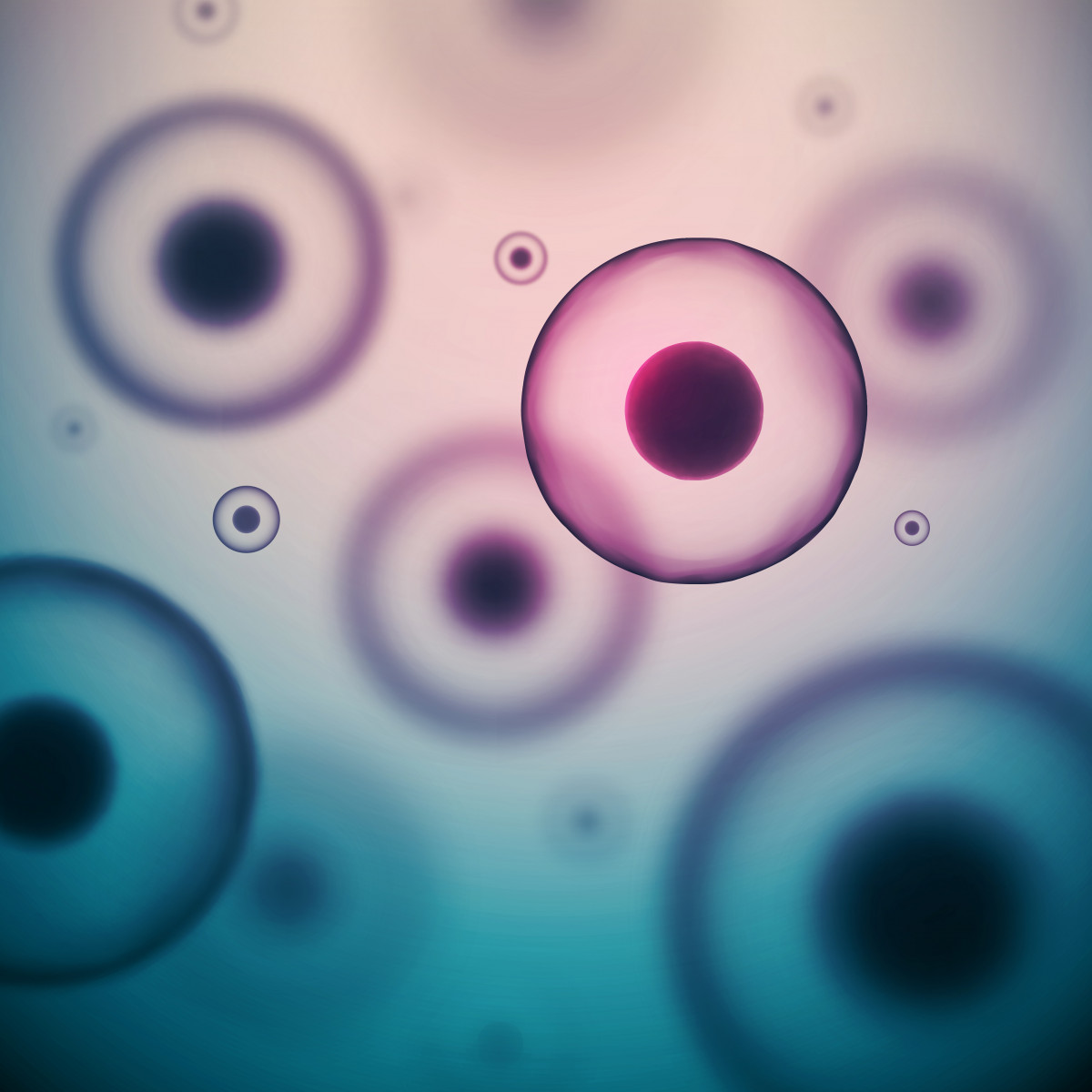Cellectis Plans Clinical Trial to Test Donor-derived CAR T-cell Therapy, Possible Multiple Myeloma Treatment

Cellectis announced plans to open a Phase 1 clinical trial to evaluate UCARTCS1 — its first allogeneic (donor-derived) CAR T-cell therapy for multiple myeloma patients — at several sites in the U.S.
The trial, called MUNDI-01, will assess multiple doses of the therapy to determine its safety, cell expansion and persistence, as well as its clinical efficacy in people with multiple myeloma. After determining a recommended Phase 2 dose — the most effective and safest — patients will be invited to continue treatment in an expansion part, studying the safety and efficacy of the optimal dose.
Plans for the study were approved by the U.S. Food and Drug Administration (FDA) earlier this month, in the form of an investigational new drug (IND) application accepted by the agency.
Traditionally, CAR T-cell therapies consist of a patient’s own immune cells, which are harvested and modified in the lab to recognize cancer cells. These cells are then expanded to several million, and injected back into the patient to fight the tumor.
But while autologous (patient-derived) CAR T-cell therapies have shown promise in multiple cancer types, researchers aren’t always able to collect enough cells from a patient to create the treatment. The development and expansion of CAR T-cells also requires time the person with multiple myeloma often does not have.
To sidestep these problems, Cellectis has been developing off-the-shelf CAR T-cell products for a variety of blood cancers. Rather than using the person’s own cells, these therapies are developed using T-cells from healthy donors, modified to avoid damage to the patient’s tissues.
UCARTCS1 is designed to target the signaling lymphocyte activation molecule family member 7 (SLAMF7), a protein found at the surface of myeloma cells. But T-cells also produce this molecule, which would cause the CAR T-cells to attack the patient’s T-cells and the engineered donor cells.
Cellectis employed the TALEN gene editing technology to remove SLAM7 and the T-cell receptor from the surface of the engineered T-cells. This is designed to have a lymphodepleting effect — meaning that it works to eliminate the patient’s T-cells and create room for the engineered cells — while avoiding cross reaction.
“The last quarters have been very productive for Cellectis’ UCARTCS1 product candidate. We successfully manufactured and released GMP [Good Manufacturing Practice] batches of UCARTCS1, filed an IND and secured approval from the FDA to start the MUNDI-01 Phase 1 clinical study,” André Choulika, chairman and CEO of Cellectis, said in a press release.
The clinical studies are expected to be held at three sites: the MD Anderson Cancer Center in Houston, Texas; New York Presbyterian Hospital-Cornell Medical Center, in New York, N.Y.; and Hackensack University Medical Center in Hackensack, N.J. A date for opening the sites and recruiting patients was not announced.
Cellectis has other three allogeneic CAR-T therapies being tested in clinical trials for blood-related cancers: UCART19 for acute lymphocytic leukemia, UCART123 for acute myeloid leukemia, and UCART22 for B-cell acute lymphocytic leukemias.
“This is the 4th time in 4 years that Cellectis demonstrates excellence with an allogeneic product candidate. It further demonstrates the strength of our innovation, our manufacturing process and our execution, as we are eager to bring the first allogeneic multiple myeloma CAR T-cell treatment to patients,” Choulika added.






